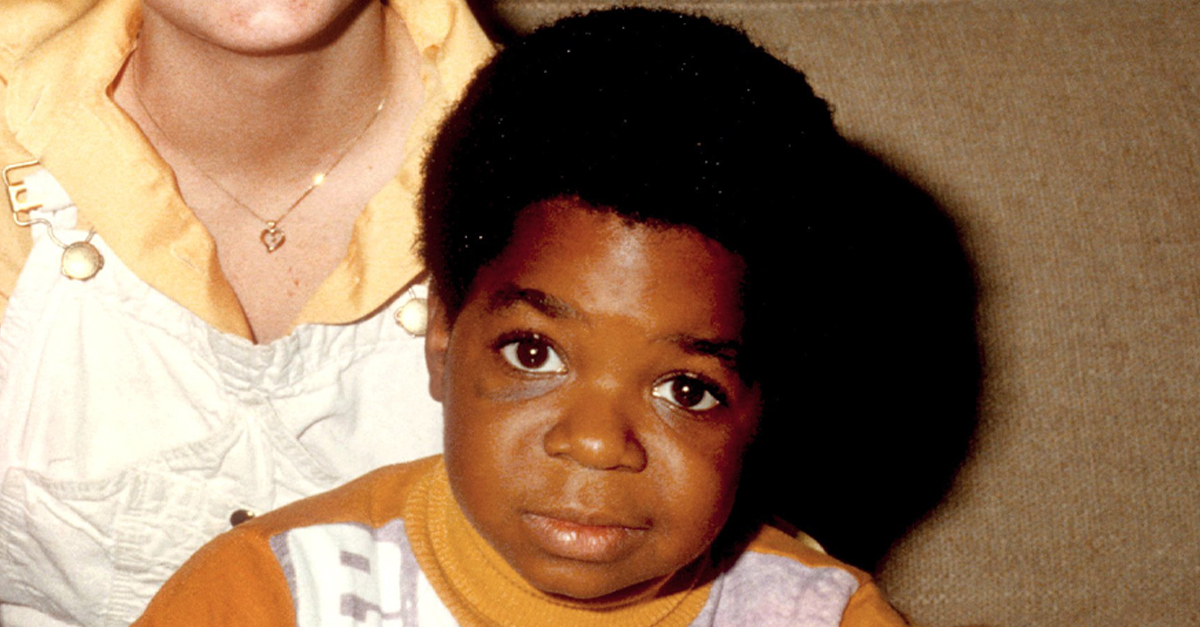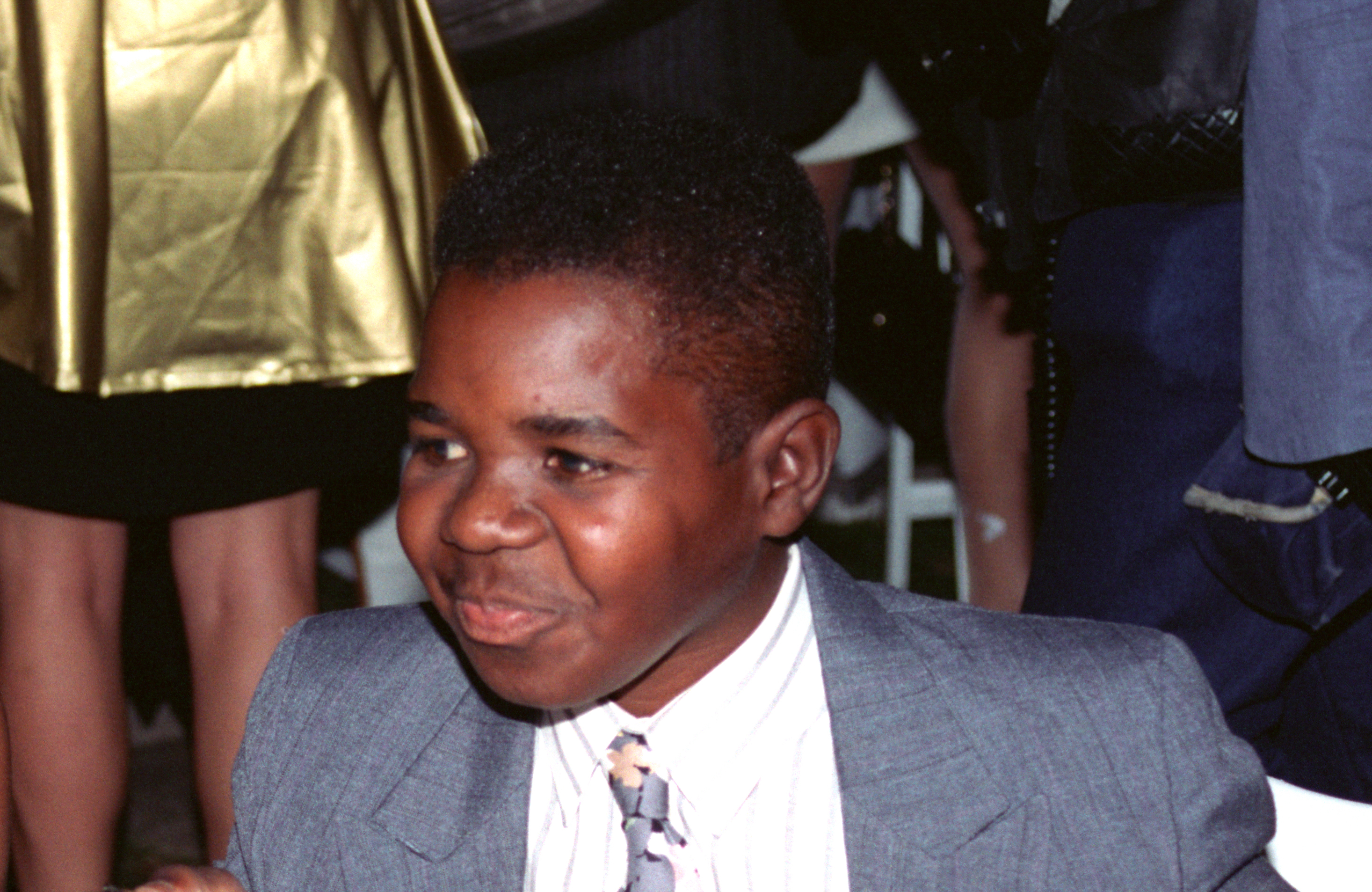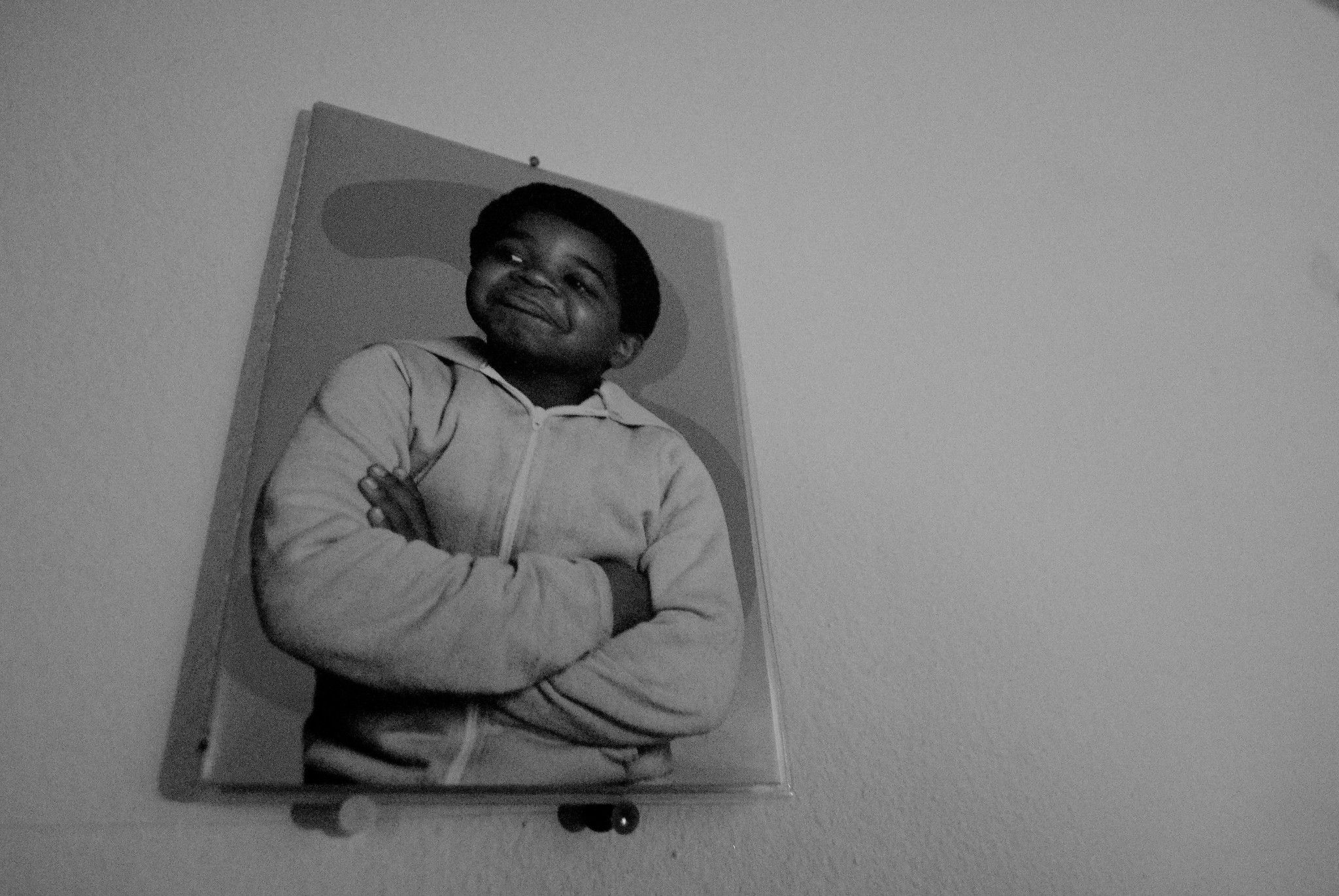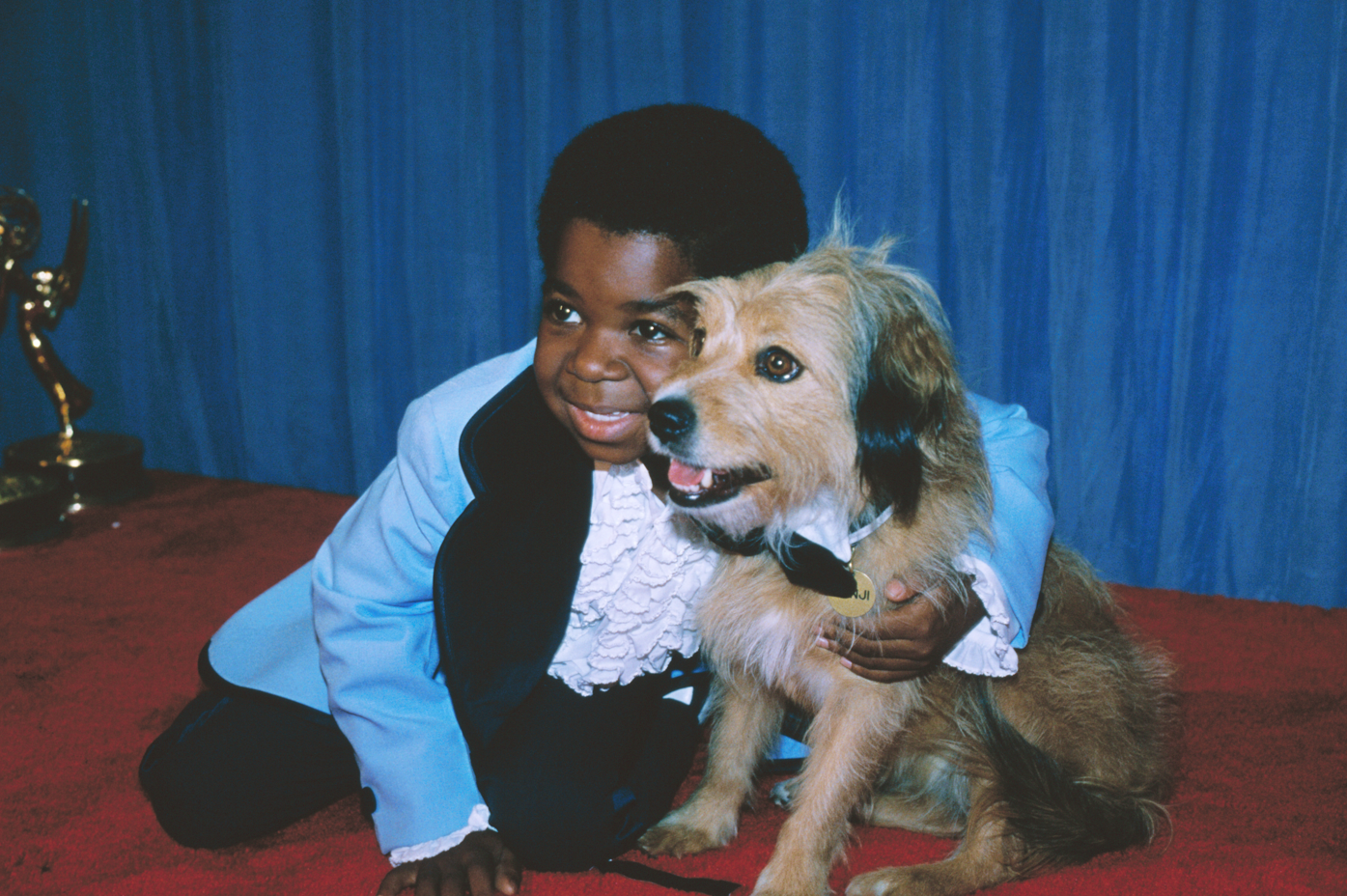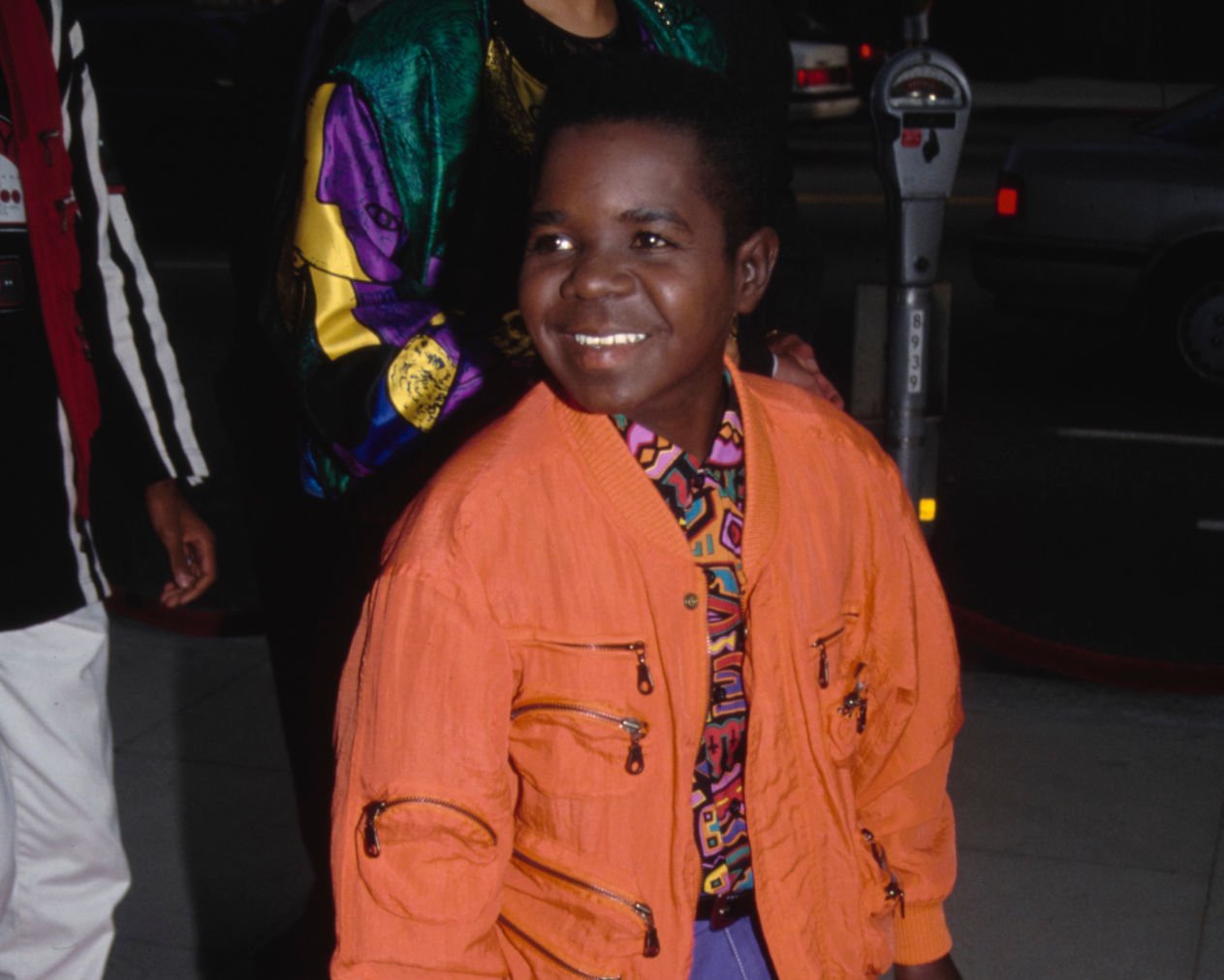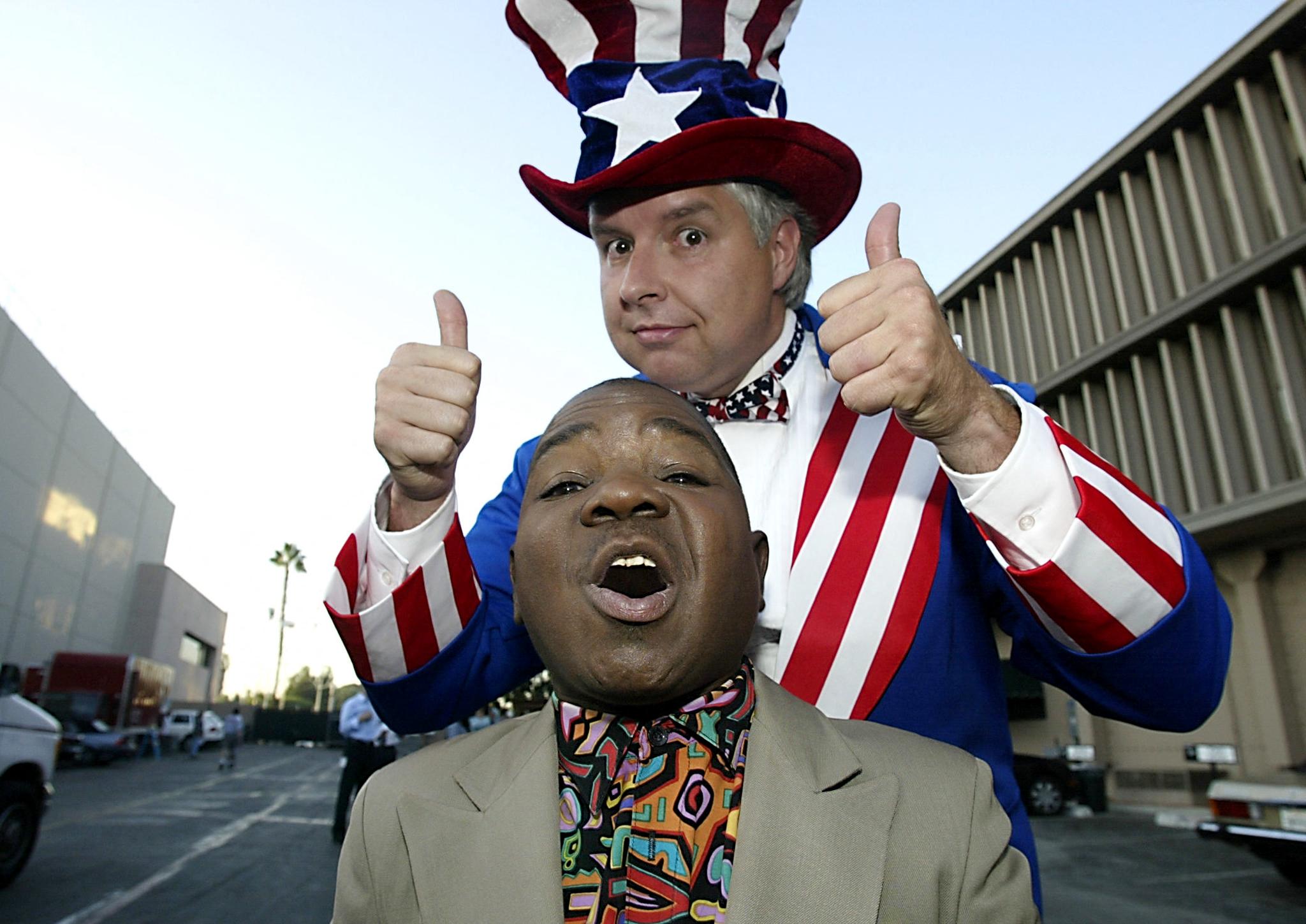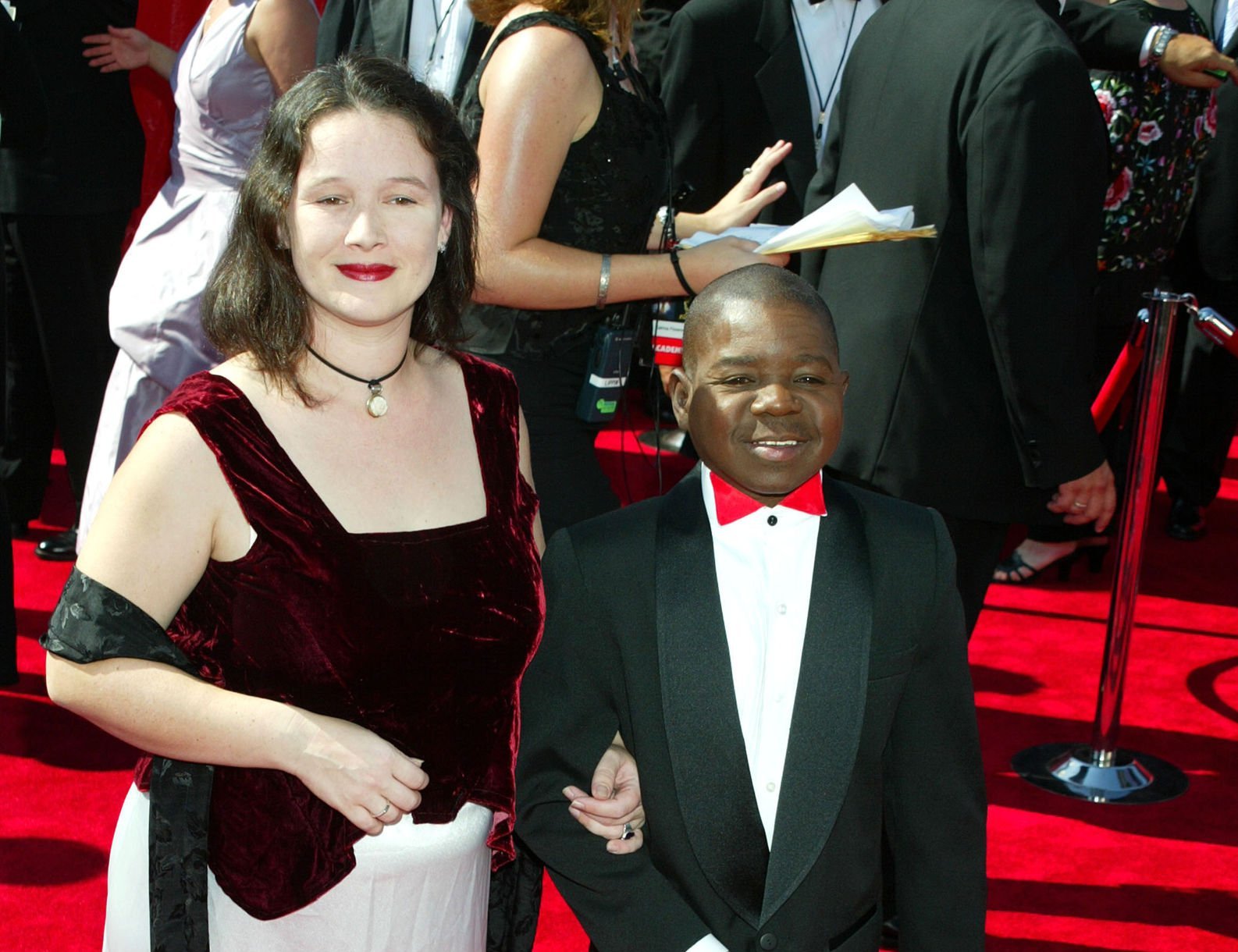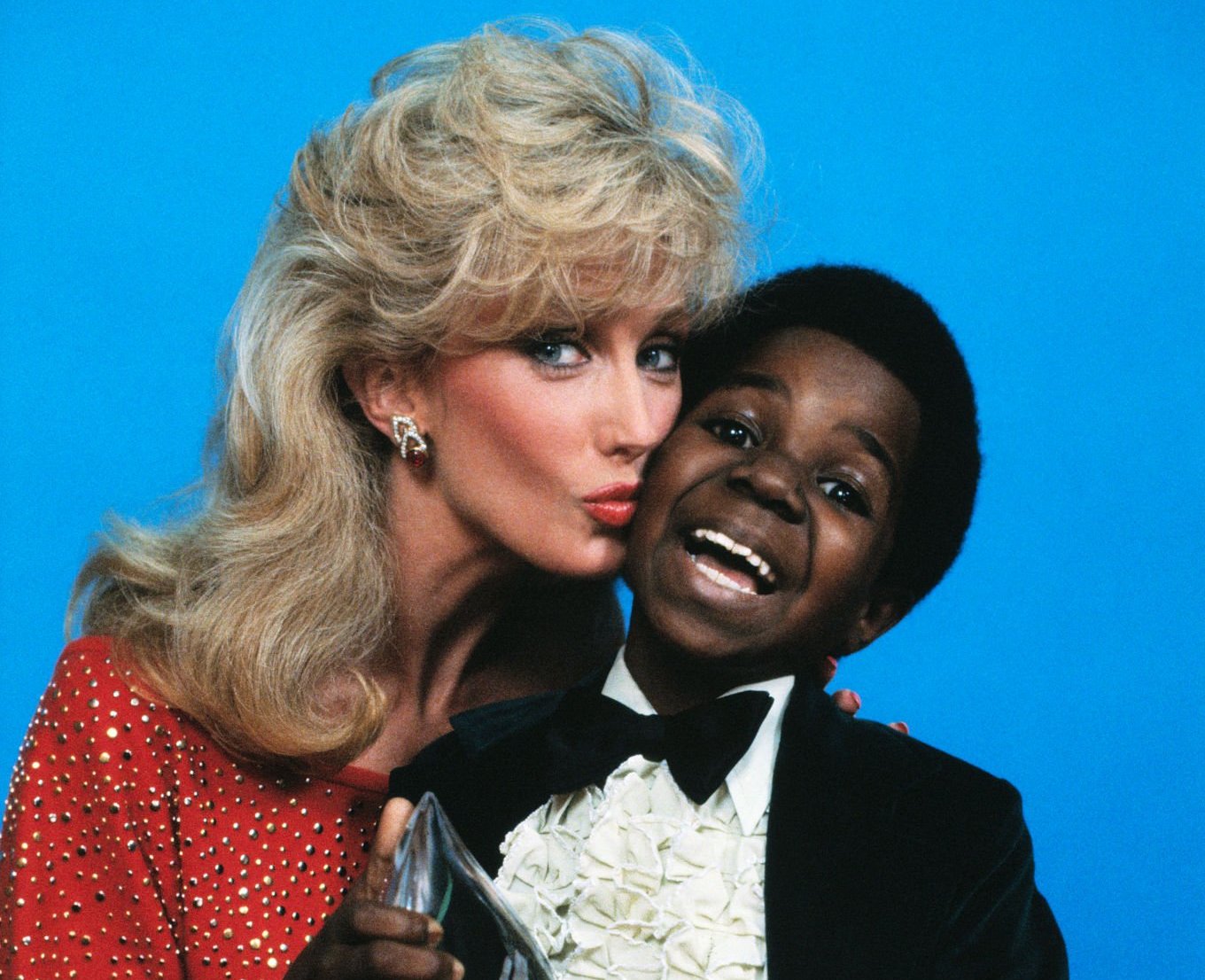Gary Coleman was a breakout child star of the 1970s and became emblematic of American pop culture in the decades thereafter. But behind his sitcom short king persona, Coleman’s life was a constant battle with illness and pain–both physical and mental.
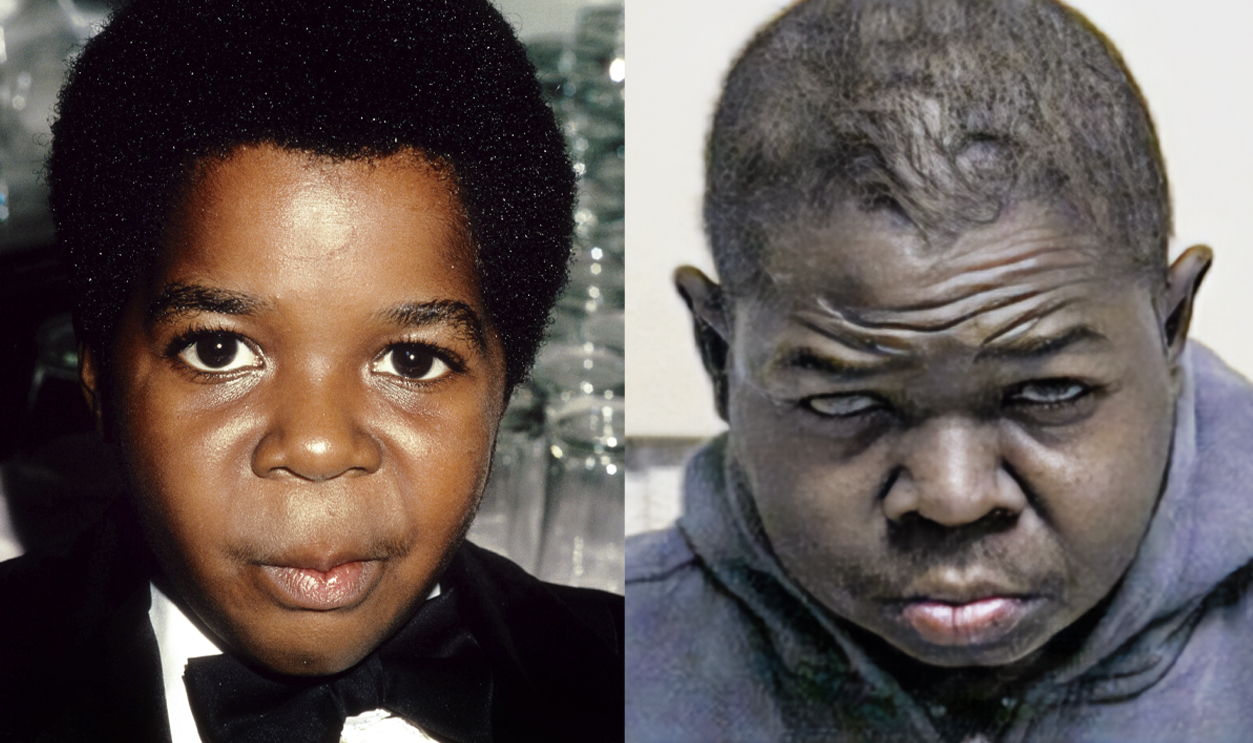
1. He Was Adopted
Gary Coleman was born on February 8, 1968, in Zion, Illinois. At four days old, he was adopted by Willie and Sue Coleman. Gary never met his biological parents and never hinted as to whether he desired to do so. If he struggled with this fact, it was nothing compared to his health struggles.
2. He Was A Sickly Child
At 18 months of age, doctors informed Coleman’s adopted parents that their son had been born with an atrophied kidney. To make matters worse, the other kidney would soon fail too. This kidney disease, known as focal segmental glomerulosclerosis, would set Coleman up for a lifetime of health problems. His physical appearance suffered the effects too.
3. He Stayed Short
The illness, but also the medications that doctors used to treat it, would end up stunting Coleman’s growth. He stopped growing in his adolescence and remained 4 ft 8 in for the rest of his life. But his height wasn’t the only thing affected.
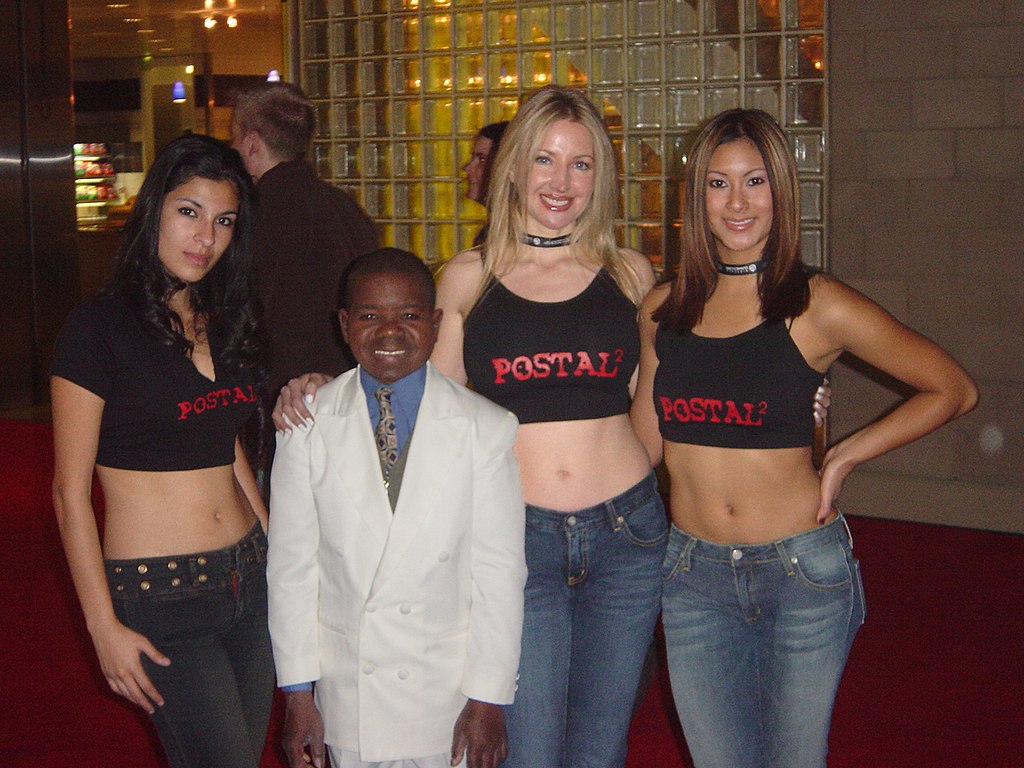 Bastian Stein, CC BY 2.0, Wikimedia Commons
Bastian Stein, CC BY 2.0, Wikimedia Commons
4. He Had A Babyface
Coleman’s growth was not the only thing limited by his illness. It also affected his physical development. Indeed, well into adulthood, Coleman’s appearance remained childlike. Though he suffered immensely from his illness, the effects may have perversely enabled his career to come.
5. He Found An Early Career
Despite his health struggles, Coleman was a charming and precocious child, and in 1974, he began acting in commercials. His resume soon included an impressive list of brands, including Hallmark and McDonald’s.
But the young actor was best known for his first job: an ad for Harris Bank. Coleman’s line “You should have a Hubert doll” quickly entered the pop culture lexicon. His star would only rise from there.
 Featureflash Photo Agency, Shutterstock
Featureflash Photo Agency, Shutterstock
6. They Wanted Him On TV
In 1977, Coleman got a role in a Norman Lear-penned pilot for a revival of The Little Rascals. While the series did not end up with a full order, the network was impressed with the young actor’s talents and producers longed to get him on TV. Coleman’s life was about to change forever.
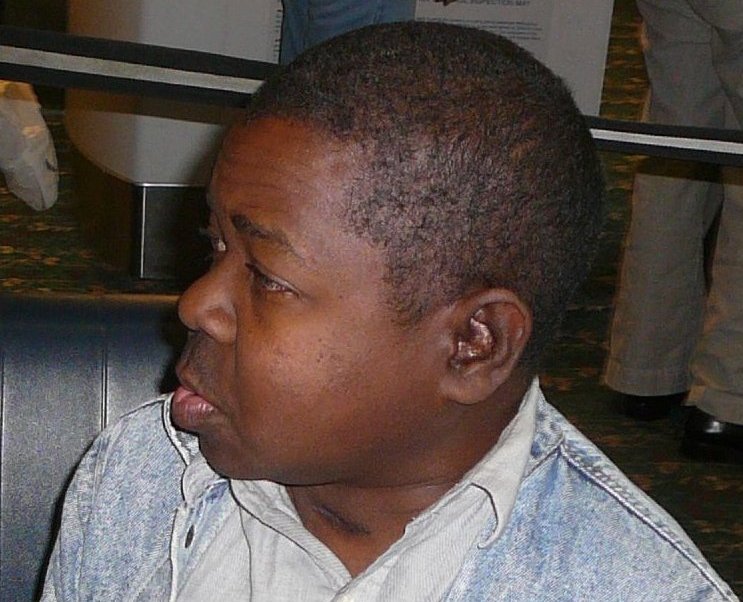 Aaron Fulkerson, CC BY-SA 2.0, Wikimedia Commons
Aaron Fulkerson, CC BY-SA 2.0, Wikimedia Commons
7. He Got His Breakout Role
The following year, in 1978, Coleman snagged the role of Arnold Jackson in Diff’rent Strokes. He played one of two Black brothers from Harlem adopted by a wealthy white Manhattanite widower. The starring role played into Coleman’s talents, as the character, like the young actor portraying him, was precocious, mischievous, and witty. Audiences went wild.
 Frederick M. Brown, Getty Images
Frederick M. Brown, Getty Images
8. His Show Was A Hit
Diff’rent Strokes became an instant hit. With a catchy theme song written and performed Alan Thicke, solid performances from the cast, and the shows penchant for tackling complex issues such as racism and addiction, it instantly hooked American viewers. The sitcom would last eight seasons in total.
Coleman’s star soared—but he didn't yet realize what he was getting himself into.
 Louise Palanker, CC BY-SA 2.0, Wikimedia Commons
Louise Palanker, CC BY-SA 2.0, Wikimedia Commons
9. He Took America By Storm
Coleman became an overnight sensation. Audiences responded positively to his performance, comedic timing, and adorable charm. But one aspect of his character became immortalized in the annals of pop cultural history forever.

History's most fascinating stories and darkest secrets, delivered to your inbox daily.
10. He Had An Immortal Catchphrase
Coleman’s Arnold character became known more than anything for his signature catchphrase, often uttered in response to baffling statements by his onscreen brother: “What’chu talkin’ ‘bout, Willis?” The phrase cemented itself in pop culture, and in 2006, made a list of “The 100 Greatest TV Quotes and Catch Phrases”.
And this wasn’t the only recognition Coleman received.
11. He Got Showered With Awards
Critics lauded Coleman’s performance, and he received many award nominations, an accomplished feat for someone so young. Among his accolades included five Young Artist Award nominations (of which he won two) and four consecutive People’s Choice Awards for Favorite Young TV Performer from 1980 to 1983.
Coleman quickly became one of the most influential child actors in show biz. His paycheck reflected it.
 Marianna Diamos, CC BY-SA 4.0, Wikimedia Commons
Marianna Diamos, CC BY-SA 4.0, Wikimedia Commons
12. He Got Well Compensated
Coleman set another record achievement too: he became the highest-paid child actor on television during the late-7s and 80s. At the height of his fame, he received a staggering $100,000 per episode of Diff’rent Strokes. But despite this, his career took its toll in other ways.
13. He Became Overworked
Though well-paid and widely adored, Coleman’s life on set was anything but easy. Despite his young age and his debilitating health issues, the studio forced the young actor to work long hours, rarely getting any time off. The physical toll this took was clear—but the mental cost was even more insidious.
14. He Struggled Mentally
Coleman’s co-star, Todd Bridges, later wrote in his autobiography, Killing Willis, that the workload was too much for his onscreen brother. Coleman began to struggle with depression, and rather than seeking help, instead opted to isolate himself from the rest of the cast.
He never spoke publicly of these struggles, which may have led to trouble further down the line. But for now, his career roared ahead.
15. He Was All Over TV
Riding his stardom from Diff’rent Strokes, Coleman became a staple guest star on many of the popular sitcoms of the era. Among the shows he appeared on were The Jeffersons, Good Times, and The Fresh Prince of Bel-Air. With fame soaring, there was only one logical place for him to go: film.
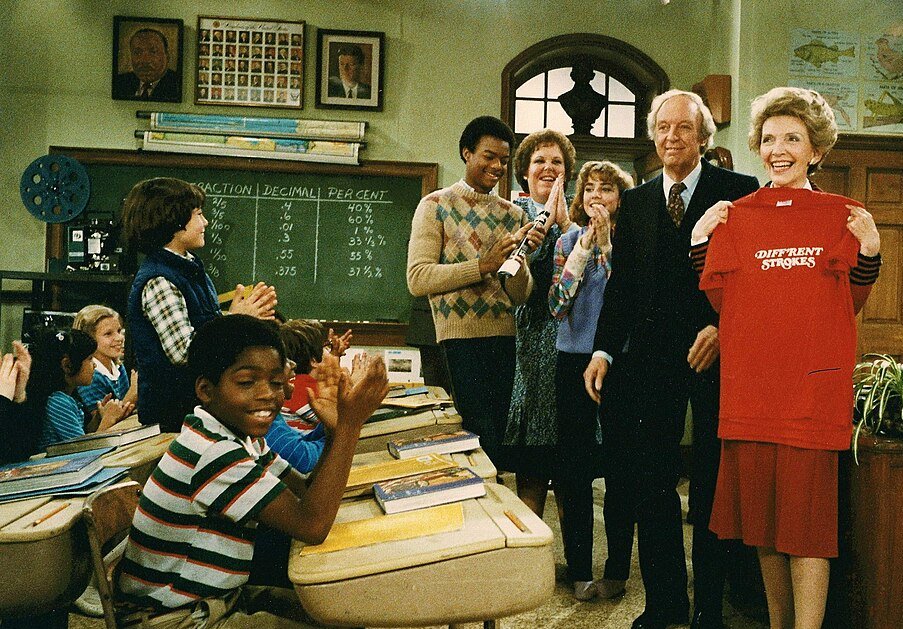 Ronald Reagan Presidential Library, Wikimedia Commons
Ronald Reagan Presidential Library, Wikimedia Commons
16. He Had A Movie Rejigged For Him
Though Coleman had appeared in a few TV movies, he made his feature film debut in 1981’s On the Right Track. According to Coleman’s mother, the film was actually written years earlier. However, due to the young star’s name recognition, “it was rewritten for Gary, reconstructed for him,” showing the pull he now had in Hollywood. He explored other media too.
17. His Name Drew Success
The world simply could not get enough of Gary Coleman. The year after his debut film, he got his own Saturday morning cartoon. And to capitalize on his fame, they named the series The Gary Coleman Show–despite the fact that Coleman was playing a character named Andy LeBeau.
But after almost a decade of non-stop work, it was time for a break.
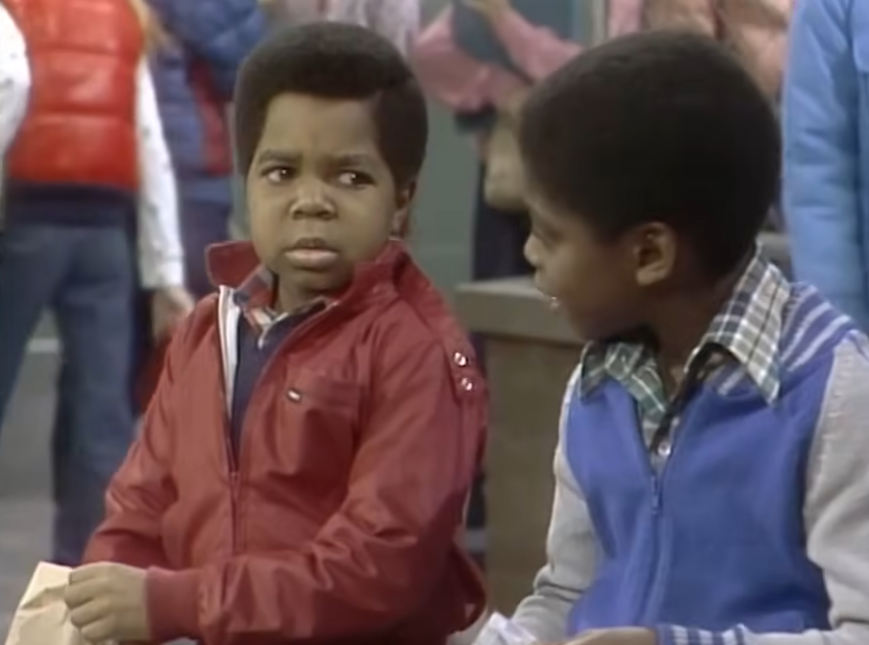 Tandem Productions, Diff'rent Strokes (1978-1986)
Tandem Productions, Diff'rent Strokes (1978-1986)
18. He Took A Much-Needed Rest
After Diff’rent Strokes finally ended its wildly successful run in 1987, Coleman was exhausted. He consciously decided to take a long hiatus from any starring roles. Little did he realize, his career would look very different from then on.
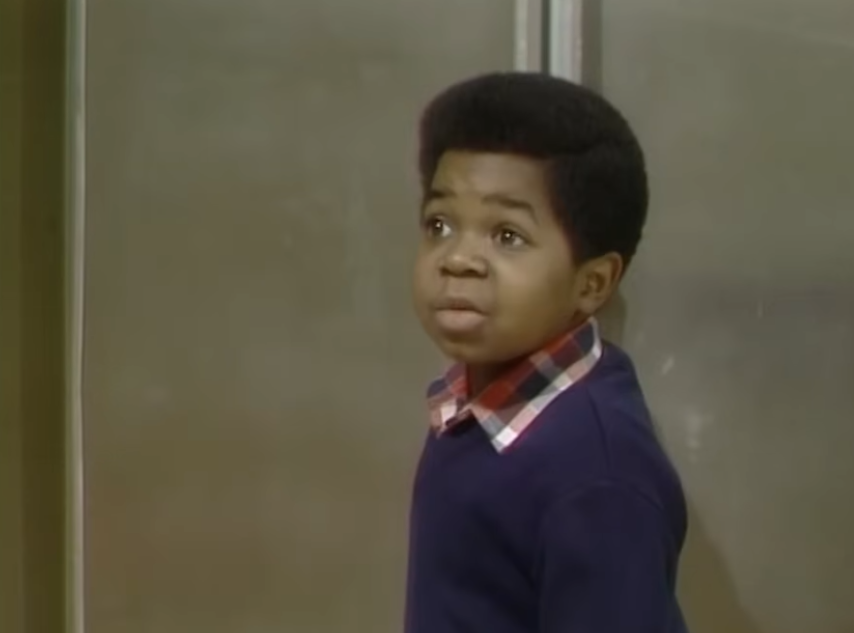 Tandem Productions, Diff'rent Strokes (1978-1986)
Tandem Productions, Diff'rent Strokes (1978-1986)
19. He Started Playing Himself
During his hiatus, Coleman only appeared on camera to capitalize on his name recognition. The majority of his appearances over the next decade were one-off performances where he either played himself or reprised his role as Arnold in other shows and movies—but when his on-camera roles lagged, he dipped into other media.
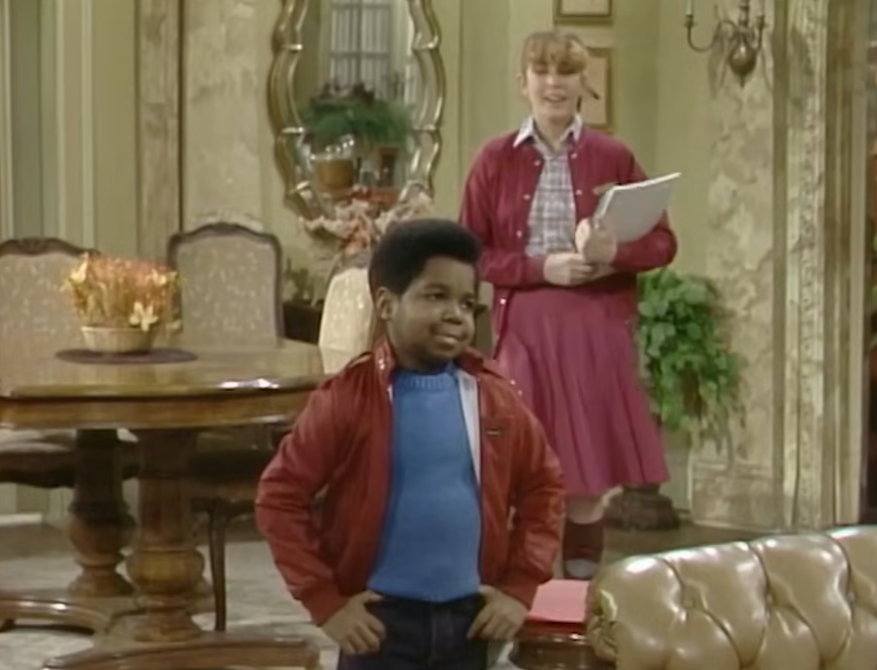 Tandem Productions, Diff'rent Strokes (1978-1986)
Tandem Productions, Diff'rent Strokes (1978-1986)
20. He Took An Innovative Role
In 1997, Coleman decided to take a role voicing a character in a video game. He became one of the first major mainstream actors to lend his voice to the burgeoning medium, immortalizing him as an early innovator. The game, The Curse of Monkey Island, received critical acclaim and has since achieved legendary status.
So did Coleman’s character, Kenny Falmouth. We're not sure how much of a gamer Coleman himself was, but he had other interesting hobbies.
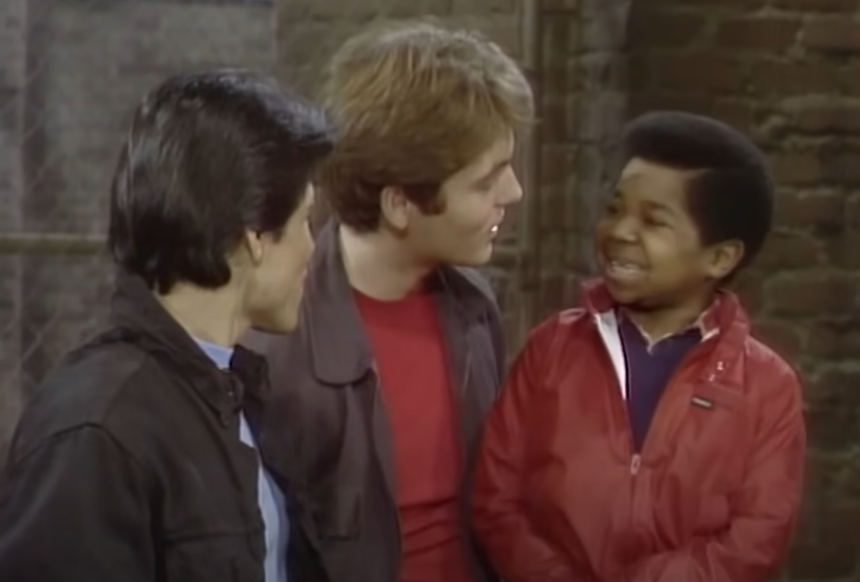 Tandem Productions, Diff'rent Strokes (1978-1986)
Tandem Productions, Diff'rent Strokes (1978-1986)
21. He Was A Rail Enthusiast
Coleman became obsessed with trains at a young age, and carried it with him into adulthood. He was an avid fan and hobbyist, building model railroads and trains in his spare time. Such was his enthusiasm for the hobby that, during his hiatus, he took part-time jobs in hobby stores just to be around model trains.
It was a welcome distraction from his faltering career—and his worsening ailments.
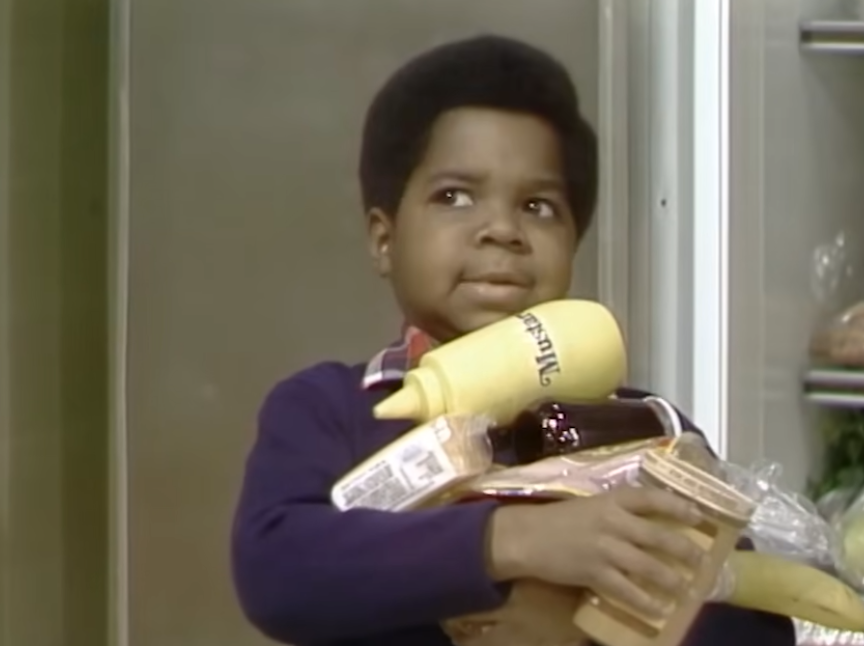 Tandem Productions, Diff'rent Strokes (1978-1986)
Tandem Productions, Diff'rent Strokes (1978-1986)
22. He Had More Medical Troubles
Even as his fame soared, Coleman's health issues always pulled him back to Earth. To address his ongoing health issues, Coleman twice underwent kidney transplant surgery–once in 1973, and again in 1984. However, both transplants were unsuccessful, and Coleman thereafter required regular kidney dialysis.
Unfortunately, his struggles would only continue.
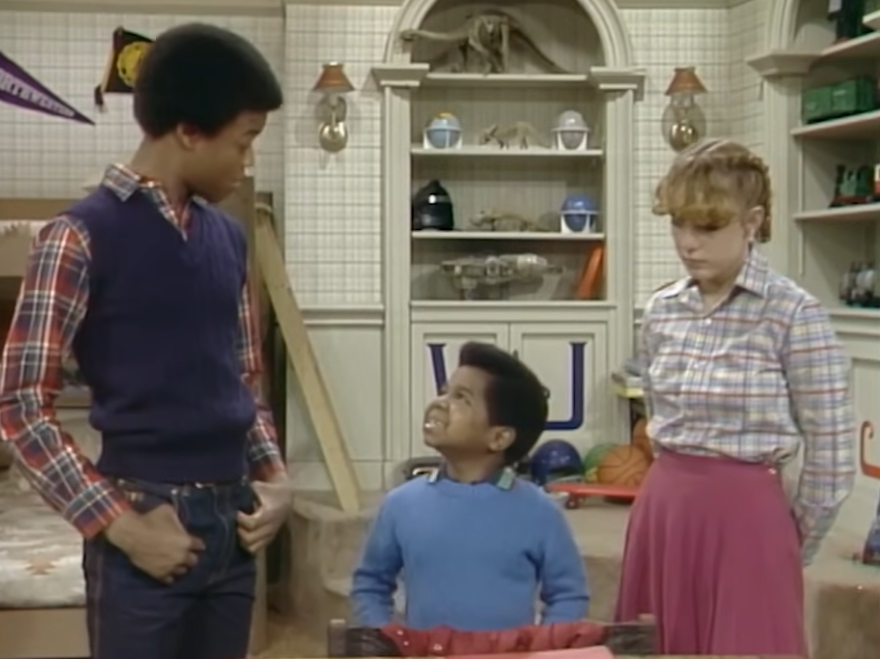 Tandem Productions, Diff'rent Strokes (1978-1986)
Tandem Productions, Diff'rent Strokes (1978-1986)
23. They Squeezed Him For Every Penny
Though he made a lot of money on TV as a child, Coleman's young age and naivety left him ripe for exploitation. After having to pay his business advisors, his lawyers, his taxes, and even his own parents, a Biography Channel documentary estimated that Coleman had only a quarter of his Diff’rent Strokes earnings left for himself.
He needed to take action.
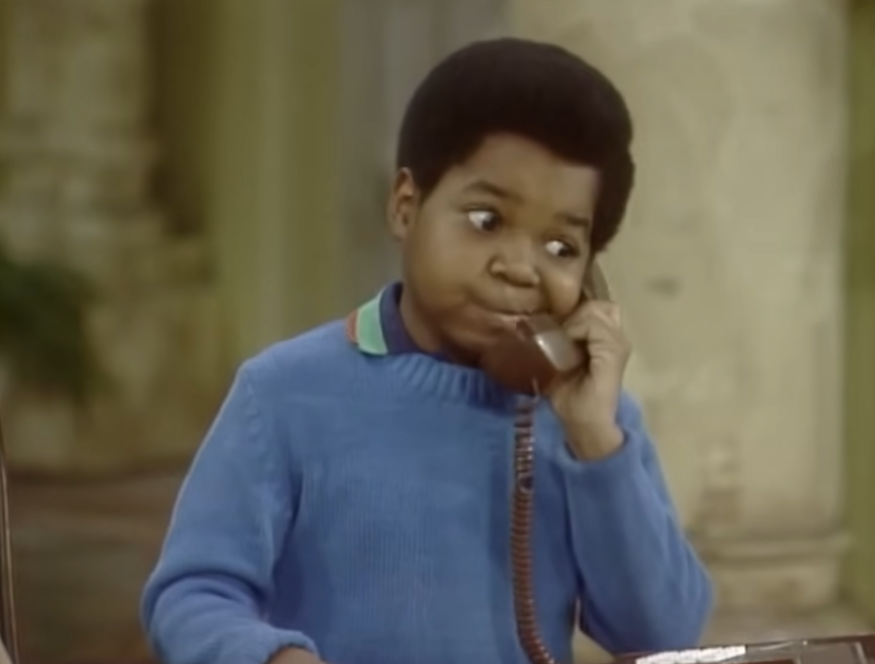 Tandem Productions, Diff'rent Strokes (1978-1986)
Tandem Productions, Diff'rent Strokes (1978-1986)
24. He Sued His Closest Advisors
Coleman quickly realized that those who claimed to have his best interests at heart had, in reality, screwed him over. Feeling his trust fund had been misappropriated, the actor decided to sue his adoptive parents and his former business advisor to the tune of $3.8 million. He got his day in court.
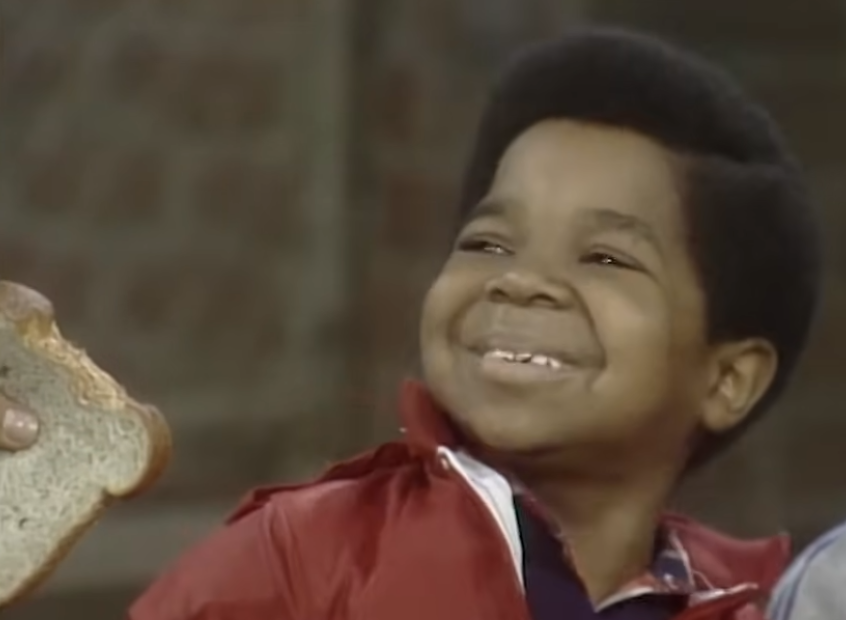 Tandem Productions, Diff'rent Strokes (1978-1986)
Tandem Productions, Diff'rent Strokes (1978-1986)
25. He Got A Payout
Though the suit took four years to resolve, the judge in the case eventually ruled in Coleman’s favor. However, he only received a payout of around $1.3 million, a fraction of the amount he sued for. Still, Coleman released a statement claiming he was pleased with the judgement. But this would not be the end of his problems.
It didn’t take long to prove he wasn’t the best person to manage his own money.
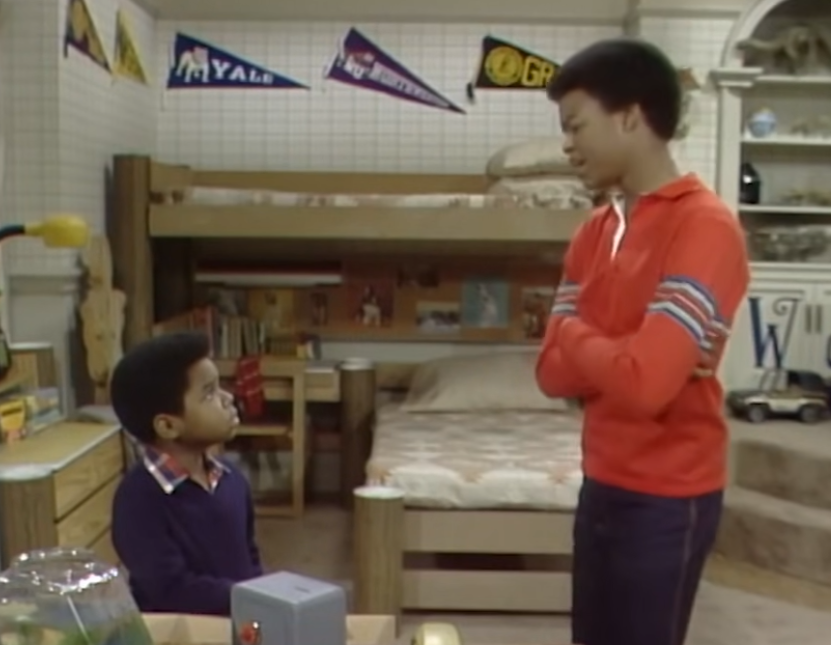 Tandem Productions, Diff'rent Strokes (1978-1986)
Tandem Productions, Diff'rent Strokes (1978-1986)
26. He Made Some Bad Investments
Coleman gained a reputation for his big spending, to meet what he called “lifestyle requirements”. However, not everything he purchased seemed to fit this category. He lost $200,000 in 1995 when an arcade that he had purchased, named the Gary Coleman Game Parlor, went belly-up. The bad financial decisions led to disaster.
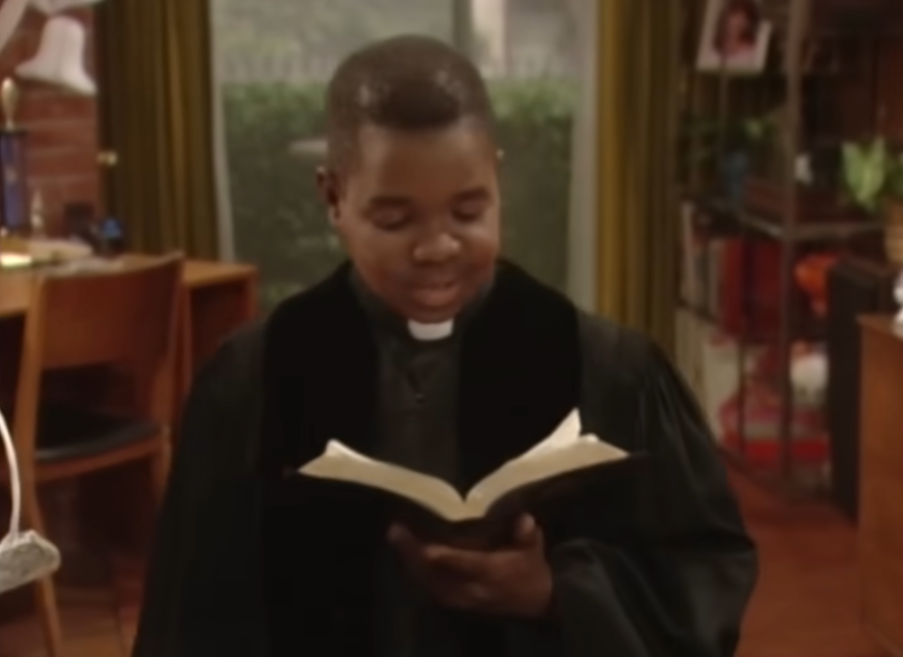 Columbia, Married... with Children (1987-1997)
Columbia, Married... with Children (1987-1997)
27. He Financially Ruined Himself
Coleman filed for bankruptcy in August 1999. Though he blamed his many exploiters for his insolvency, the actor seemed to recognize the responsibility he held too. When asked who was responsible for his financial ruin, he accused everyone “from me, to accountants, to my adoptive parents, to agents, to lawyers, and back to me again”. Desperate times called for desperate measures.
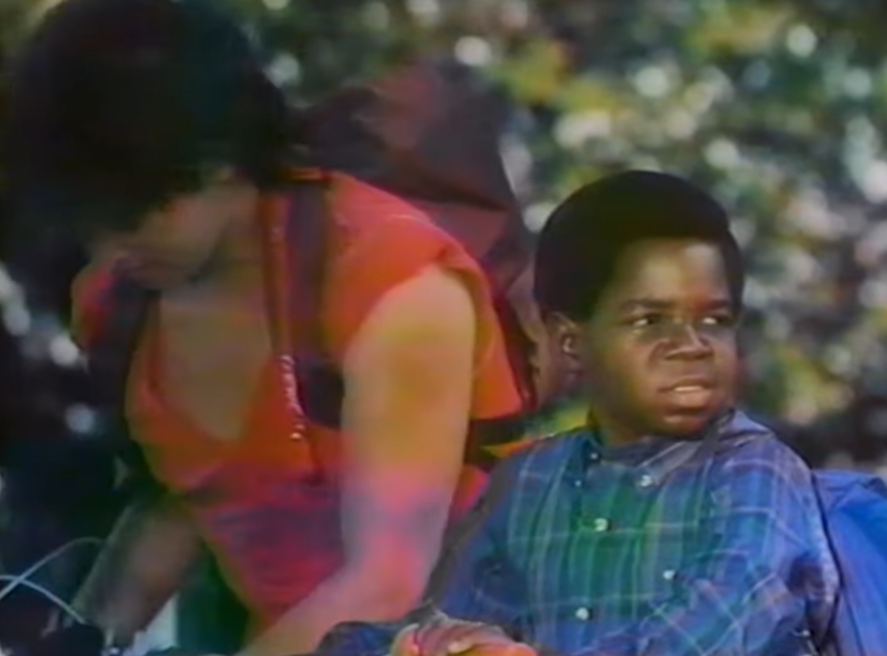 New World Pictures, Playing with Fire (1985)
New World Pictures, Playing with Fire (1985)
28. He Started Selling His Stuff
On top of all his other financial woes, Coleman also had medical bills piling up due to his poor health. In 1999, he set up an online auction to sell his furniture and memorabilia; illustrating his desperation, he titled the event “Save Me!” But with the turn of the Millennium, Coleman’s odd choices continued.
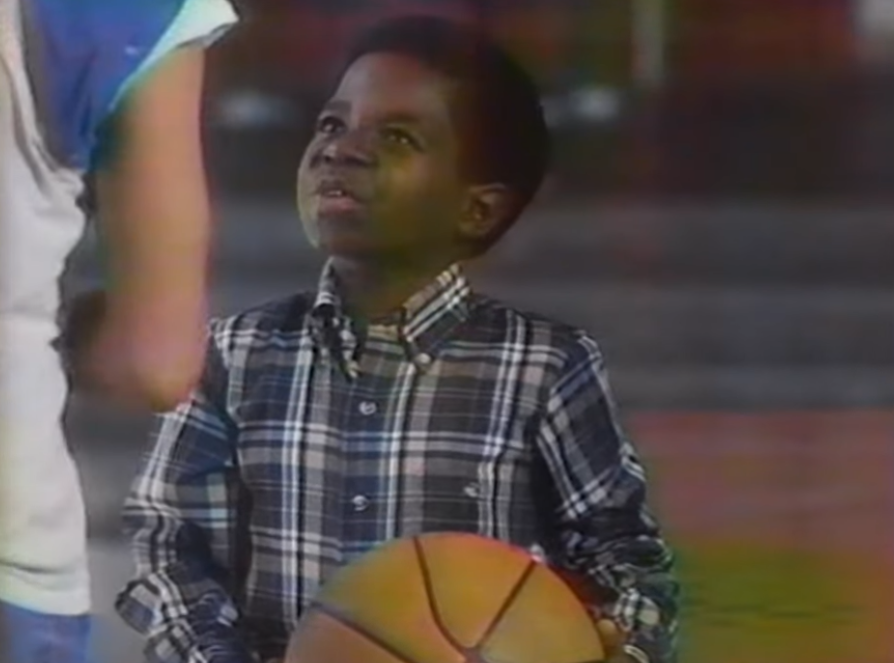 New World Pictures, Playing with Fire (1985)
New World Pictures, Playing with Fire (1985)
29. He Ran For Office
Following the 2003 announcement of a California gubernatorial recall election, Coleman thought he saw a new path forward: He decided to run for governor. The Easy Bay Express, a free newspaper, sponsored his campaign in a move that seemed more satirical than serious. Ultimately, Coleman endorsed eventual winner and fellow actor, Arnold Schwarzenegger, though Coleman himself placed eight in the race with over 14,000 votes.
Politics may not have been a good idea, anyway, considering his mental health.
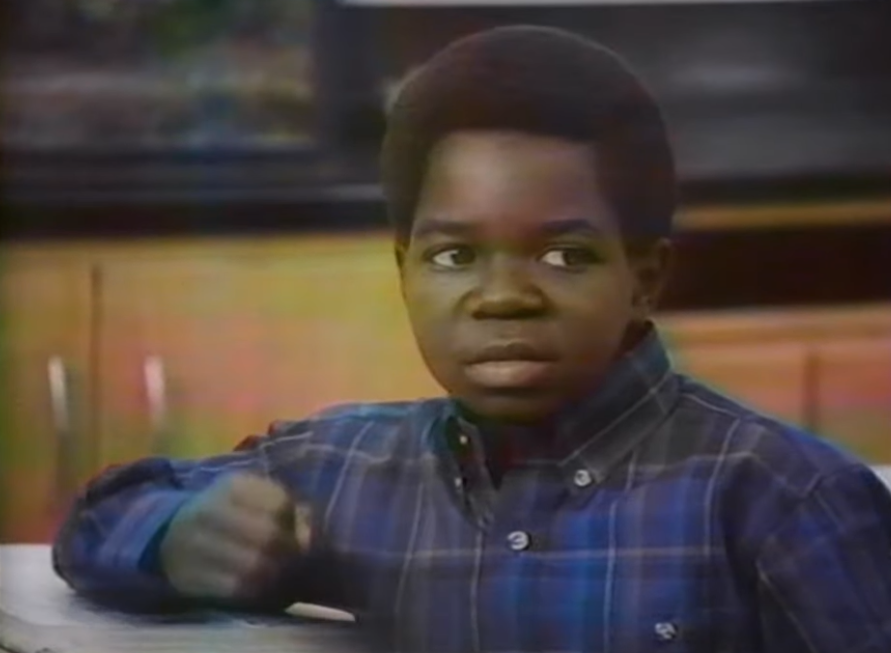 New World Pictures, Playing with Fire (1985)
New World Pictures, Playing with Fire (1985)
30. He Reached A Dark Place
Coleman’s mounting troubles began to prove too much for the actor. Though not much became public, rumors began to circulate that he was dealing with crippling depression and was self-medicating with illicit substances. Hitting rock bottom once would have been bad enough—but Coleman hit it twice.
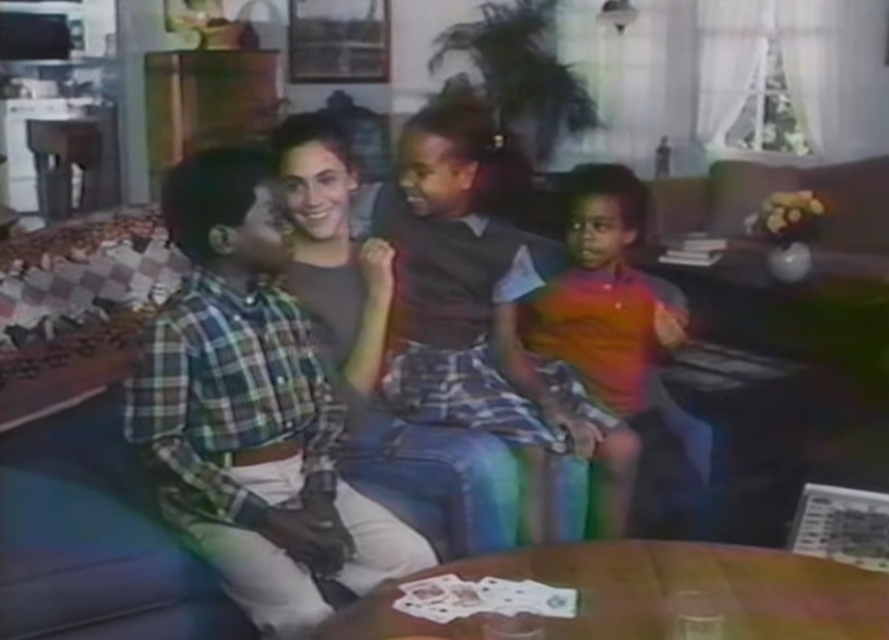 New World Pictures, Playing with Fire (1985)
New World Pictures, Playing with Fire (1985)
31. He Tried To End It All
During a television interview, Coleman revealed that he had made two separate attempts on his own life. Both times, he had tried to OD on prescription pills. Just as his life was spiraling beyond salvation, Coleman met someone who seemed, at first, to be the answer to his loneliness.
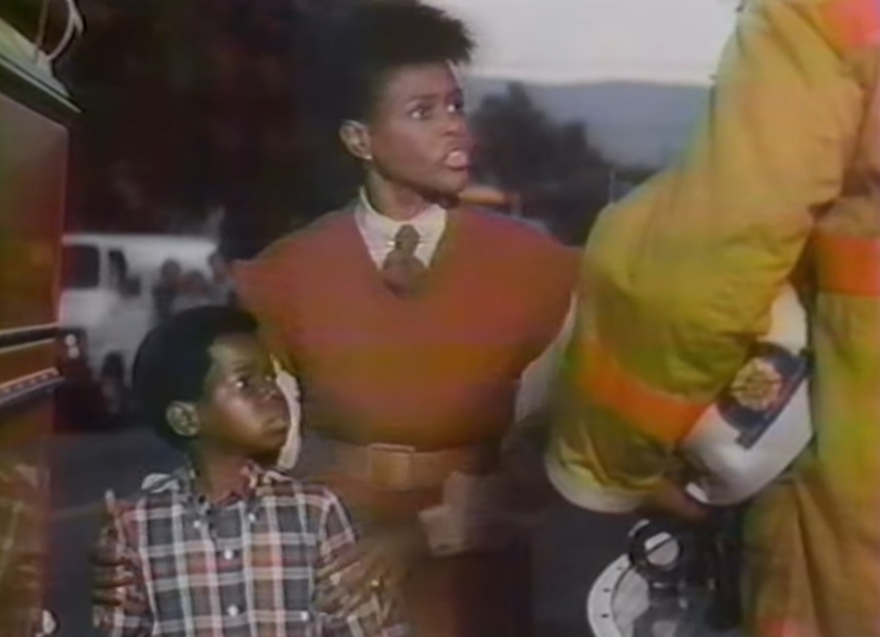 New World Pictures, Playing with Fire (1985)
New World Pictures, Playing with Fire (1985)
32. He Met His Wife
In 2007, Coleman was working on a film called Church Ball when he struck up a conversation with an extra. Her name was Shannon Price, and she was only 22 years old—17 years younger than Coleman. That didn’t phase either of them, though, and they were married within months of meeting.
This would end up being the first in a new string of controversies.
33. He Had Another Altercation
In 2008, Coleman once again made headlines after a heated, public argument caused him to lash out. After 24-year-old Colt Rushton photographed Coleman outside a bowling alley without his permission, the actor got into a shouting match with the young man. And yet again, he snapped.
Coleman proceeded to back his truck into Rushton, injuring his knee. Coleman was fined only $100 for the incident, but a civil suit settled with Rushton for an undisclosed amount. Meanwhile, his quickie marriage was, unsurprisingly, on the rocks.
34. He Aired His Dirty Laundry Publicly
In May 2008, Coleman and Price appeared on the TV show Divorce Court. The episode saw the couple airing their differences in a very public way in order to save their marriage. Perhaps the decision to appear was because Coleman felt at home on TV. But their short marriage was ultimately beyond saving.
35. He Got An Ugly Divorce
Coleman and Price divorced in August 2008 after only about a year of marriage. The split appeared to be anything but amicable as, shortly after, Coleman applied for a restraining order against Price to prevent her from living in his home while he was briefly hospitalized.
But when the salacious details of their marriage came out, they may have justified Coleman’s actions.
36. His Wife Was Unfaithful
In a later court case, witness testimony revealed the sorry state of Coleman’s marriage. His wife allegedly had multiple love affairs with other men, including one that seemed to be a long-term relationship concurrent with her marriage to Coleman. But the humiliation didn't end there.
37. His Marriage Was Humiliating
Further testimony revealed that Price was abusive to Coleman during their marriage. Witnesses claimed she physically harmed him in public, led him around by the hand like a child, and generally seemed to lack any affection towards him at all.
It is worth noting that counter-testimony claimed Coleman was no angel himself—but Price certainly didn’t make his life easier as he entered his final years.
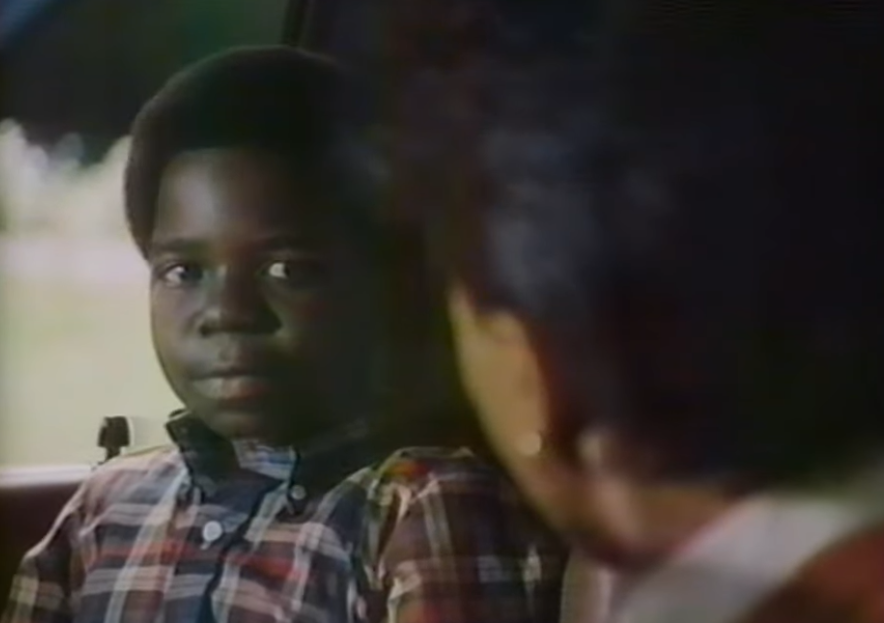 New World Pictures, Playing with Fire (1985)
New World Pictures, Playing with Fire (1985)
38. His Health Deteriorated
Coleman’s cursed life only continued to worsen following his divorce. In 2009, he underwent heart surgery. As if that wasn’t bad enough, his recovery was further complicated when he developed pneumonia. It wouldn’t be long before he saw a hospital once again.
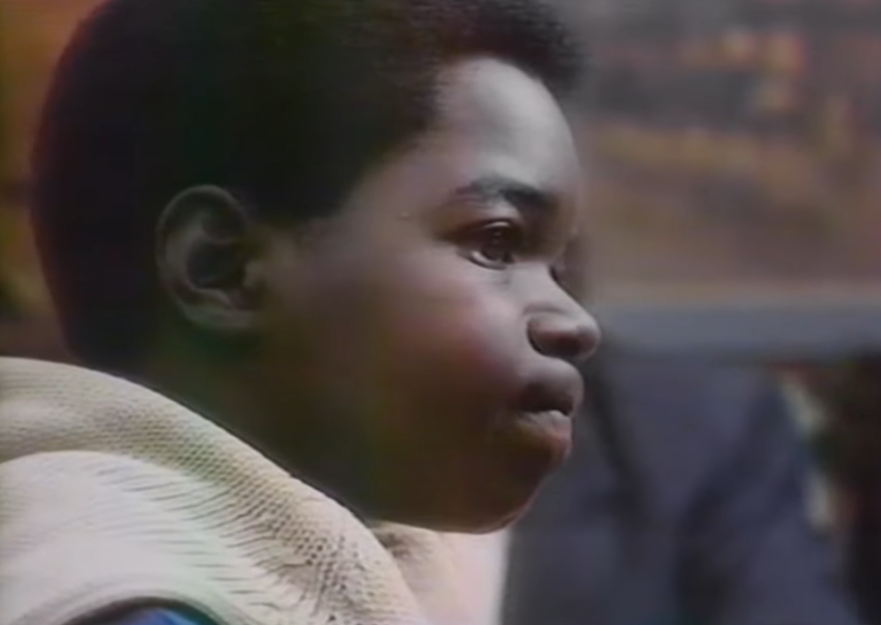 New World Pictures, Playing with Fire (1985)
New World Pictures, Playing with Fire (1985)
39. He Developed Further Symptoms
In 2010, Coleman once again added to his list of ailments. On top of growth, kidney, and heart problems, he began to experience regular seizures, after some of which he had to be hospitalized yet again. Sadly, these seizures would spell the end for the long-suffering actor.
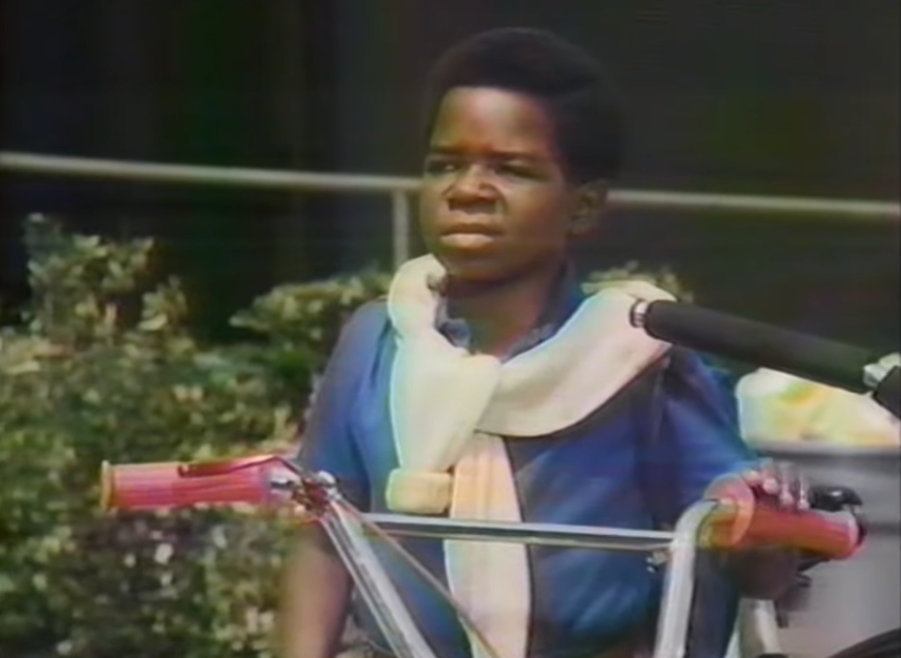 New World Pictures, Playing with Fire (1985)
New World Pictures, Playing with Fire (1985)
40. He Had An Accident
On May 26, 2010, Coleman was in his home in Santaquin, Utah, when he experienced another seizure. Tragically, he was on or near a staircase at the time, and the seizure resulted in his falling down the stairs and hitting his head. He was rushed to hospital with internal bleeding. His condition only worsened.
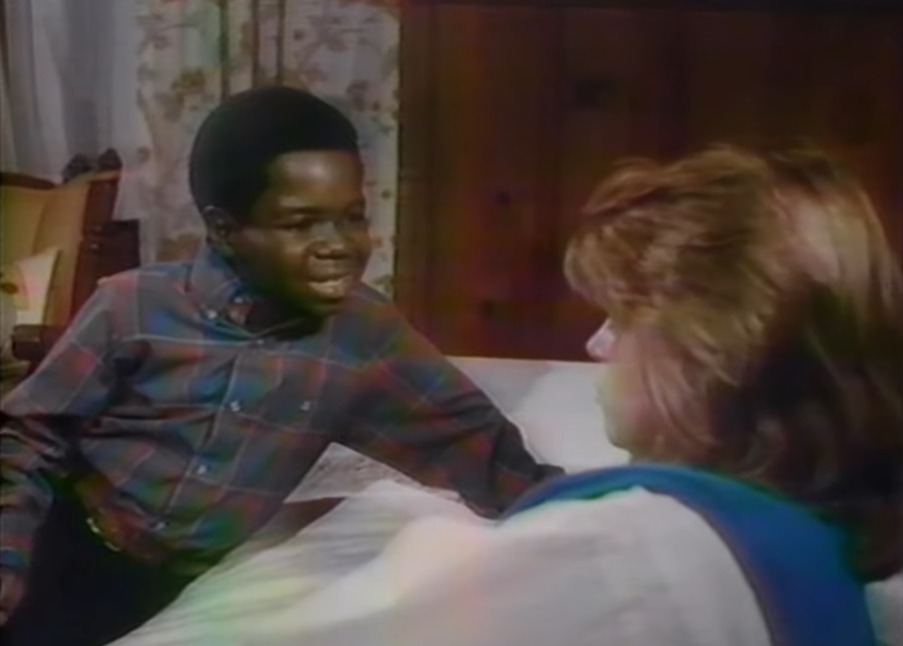 New World Pictures, Playing with Fire (1985)
New World Pictures, Playing with Fire (1985)
41. His Wife Pulled The Plug
Coleman’s condition was critical, and by the next afternoon, May 27, he was on life support. After only a day of unconsciousness, Shannon Price, who later claimed in court that she and Coleman were still in a common law partnership, opted to pull the plug on her ex-husband’s life support.
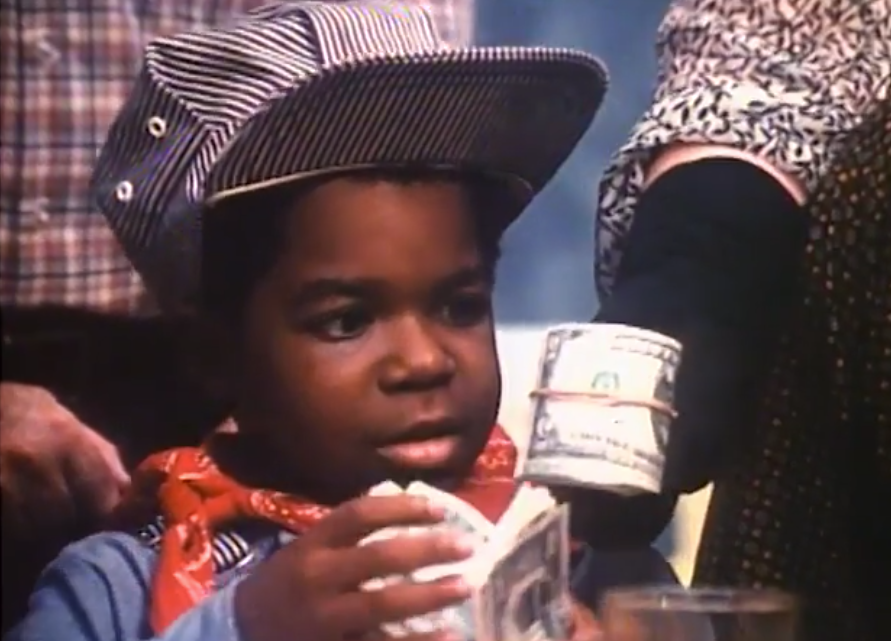 Twentieth Century, On the Right Track (1981)
Twentieth Century, On the Right Track (1981)
42. He Perished Young
Gary Coleman passed at 12:05 pm on May 28, 2010, following a brain hemorrhage. After a troubled life of overwork, financial strife, substance misuse, and mental struggle, the tragic figure passed at the painfully young age of 42. But the pain was not yet over for his surviving family.
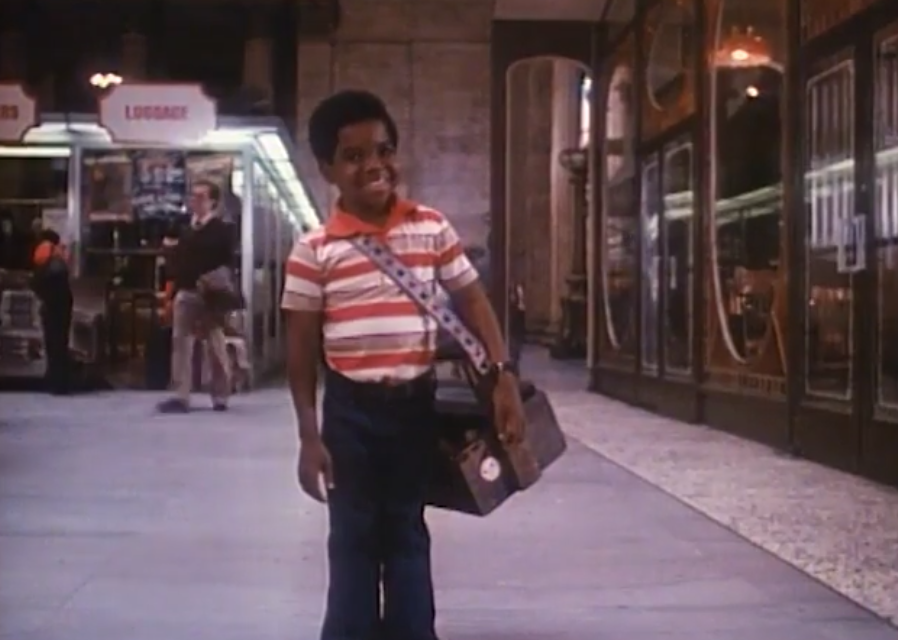 Twentieth Century, On the Right Track (1981)
Twentieth Century, On the Right Track (1981)
43. His Funeral Got Cancelled
Coleman was scheduled to be laid to rest the weekend following his passing. However, the funeral was cancelled after the emergence of a dispute over his estate between his adoptive parents, his business associate, and his ex-wife. The executor of his estate, originally using a 1999 will, stepped aside after the original testament was found to have been superseded by a 2005 will.
Perhaps reflecting Coleman’s deep depression and dissatisfaction with his life, the new will stated “that there be no funeral service, wake, or other ceremony memorializing my passing”. But the drama of Coleman’s demise was not yet finished.
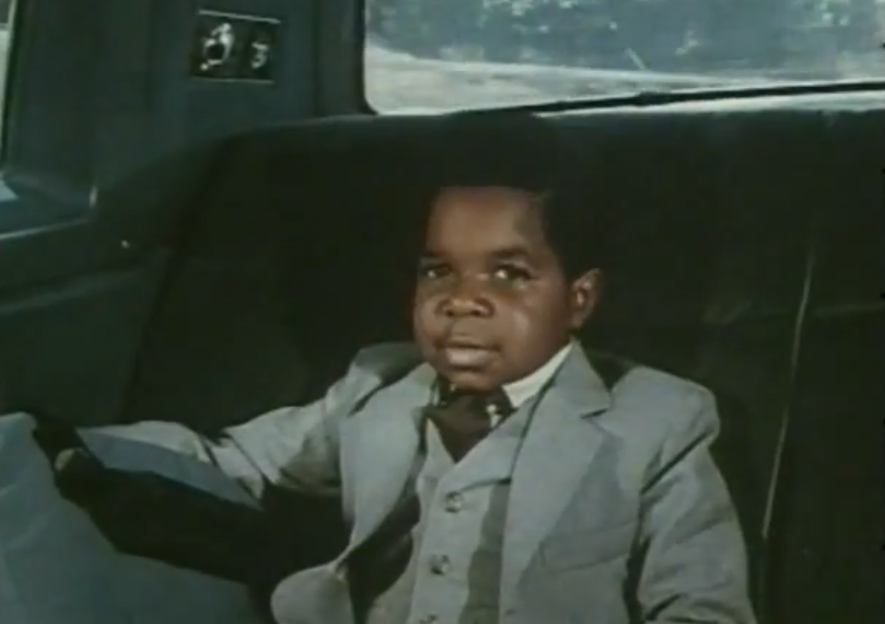 Zephyr Productions, Jimmy The Kid (1982)
Zephyr Productions, Jimmy The Kid (1982)
44. His Ex Acted Shady
Questions were soon raised over whether his ex-wife had been legally authorized to discontinue Coleman’s life support. Many tabloids began to accuse Price of orchestrating Coleman’s demise for her own benefit. Indeed, the evidence against her was mounting.
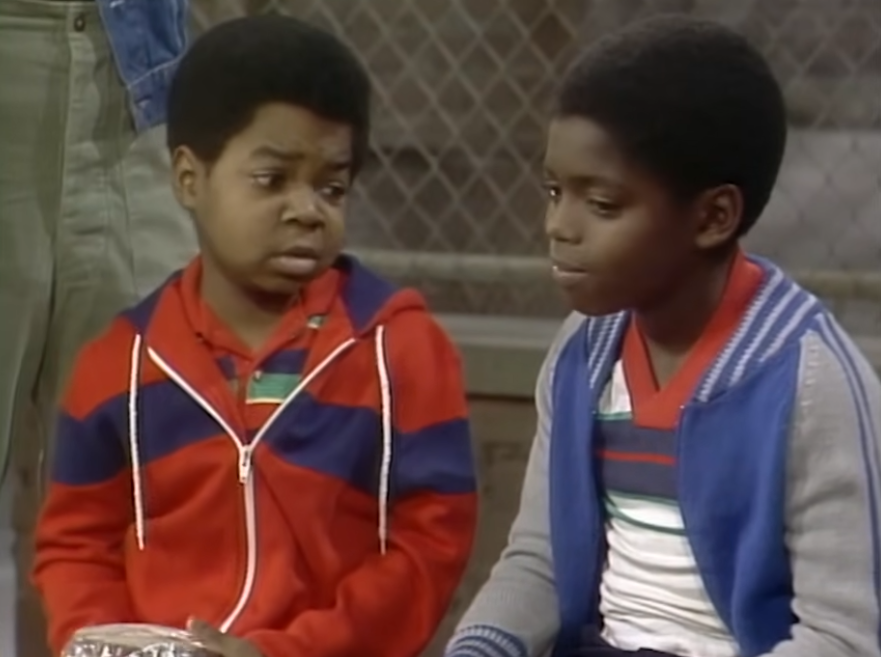 Tandem Productions, Diff'rent Strokes (1978-1986)
Tandem Productions, Diff'rent Strokes (1978-1986)
45. His Will Became Contested
Adding to the accusations, Coleman’s ex-wife made a legal claim that she had remained his common-law wife and, therefore, was entitled to his estate monies. She sought to have her assertion validated by the courts to make her Coleman’s lawful heir. After a horrific life, perhaps Coleman’s consolation came posthumously.
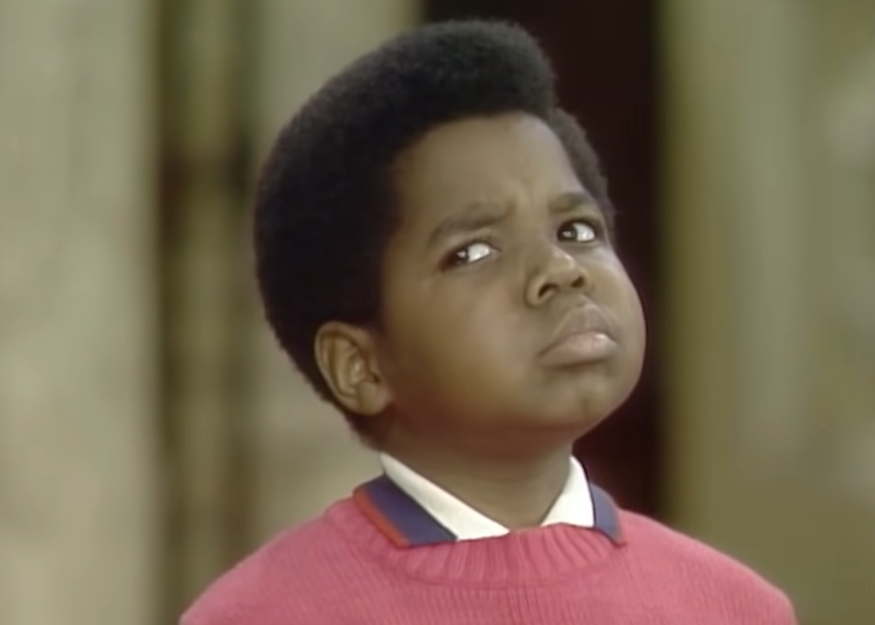 Tandem Productions, Diff'rent Strokes (1978-1986)
Tandem Productions, Diff'rent Strokes (1978-1986)
46. His Ex-Wife Got Denied
During the lengthy court proceedings, evidence released painted the not-so-rosy picture of Coleman and Price’s marriage outlined above. Taking these facts into account, the judge in the case ultimately ruled their relationship at the time of his passing did not meet Utah’s standard for common-law marriage.
Coleman’s entire estate was instead awarded to his business associate, Anna Gray. Price didn’t lose everything, however.
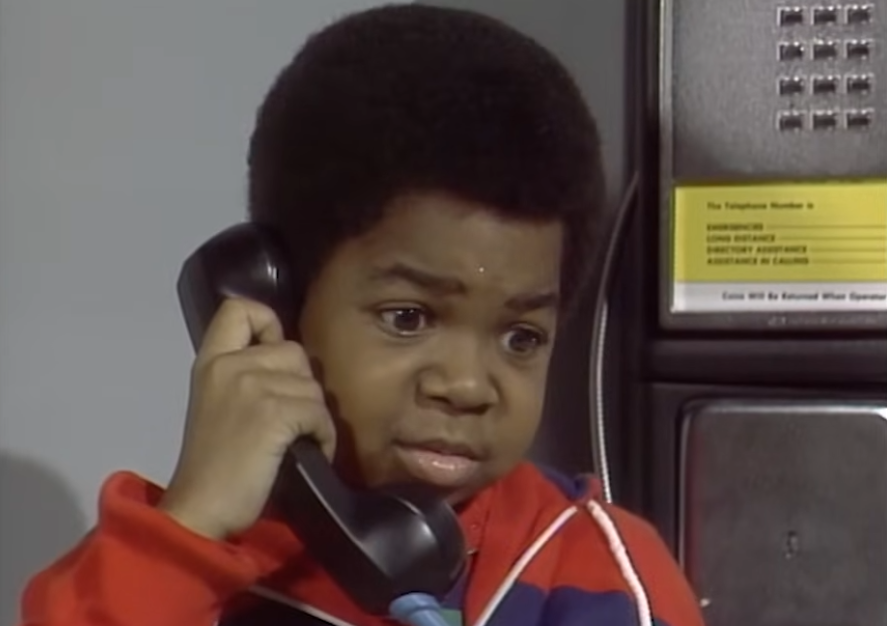 Tandem Productions, Diff'rent Strokes (1978-1986)
Tandem Productions, Diff'rent Strokes (1978-1986)
47. His Demise Was Not A Conspiracy
Though we may never know her true intentions behind ending Coleman’s life support, Price was legally accountable for Coleman’s passing after all. The hospital where Coleman spent his final days issued a statement confirming that he had indeed completed an advance healthcare directive that permitted Price to make medical decisions on his behalf.
Perhaps, depressingly, Coleman felt that, after a life spent in agonizing pain, both emotional and physical, Price would indeed be the only one who would set him free.
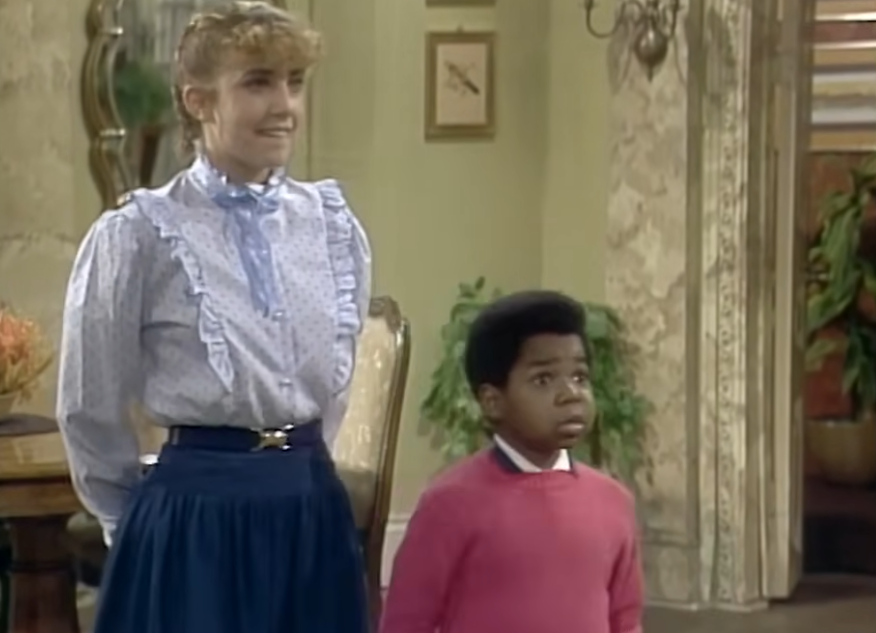 Tandem Productions, Diff'rent Strokes (1978-1986)
Tandem Productions, Diff'rent Strokes (1978-1986)
48. He Had Financial Trouble Too
Coleman's serious financial troubles began to become crippling in the 1990s. He famously had to take a job as a security guard at a mall. I doubt he was happy about it—and it led to probably the most infamous moment of his entire life.
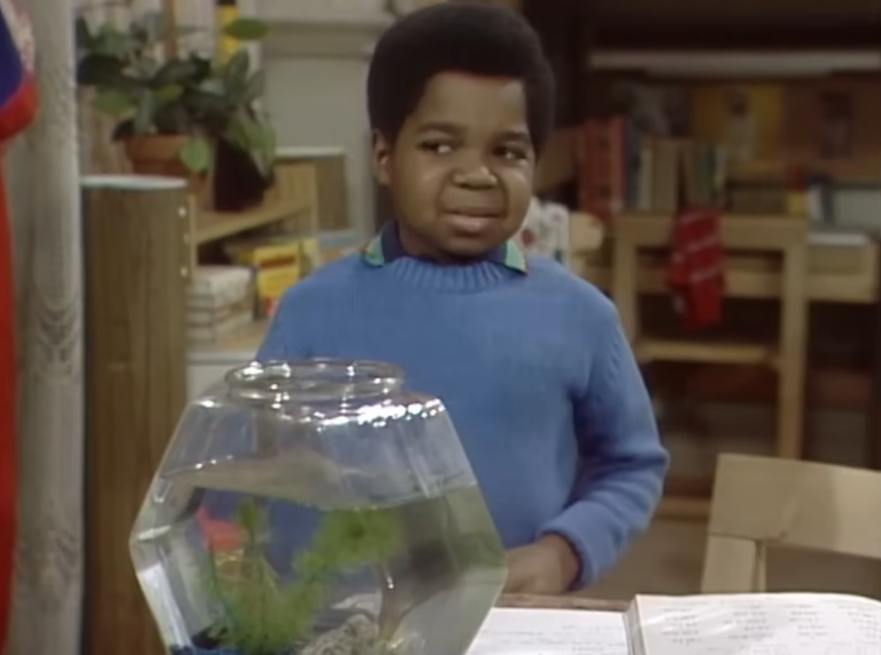 Tandem Productions, Diff'rent Strokes (1978-1986)
Tandem Productions, Diff'rent Strokes (1978-1986)
49. He Got Into An Altercation
While working in a California mall, Coleman was approached by Tracy Fields, a bus driver and apparently huge fan of Coleman’s work. Fields asked Coleman for an autograph, but he was not in the mood and refused. That should have been the end of it, but it only escalated from there.
An argument followed where Fields mocked Coleman’s seemingly failing career. Coleman had finally had enough. In a rage, he repeatedly struck Fields in front of several witnesses. He would pay a high price.
50. He Was Taken To Court
Coleman faced charges of assault and disturbing the peace. He defended himself in court, alleging that Fields had threatened him. However, the judge sentenced him to a suspended jail sentence. In addition, the court ordered him to take anger management classes and to pay Fields’ hospital bill.
It was a financial hit that he did not need.

